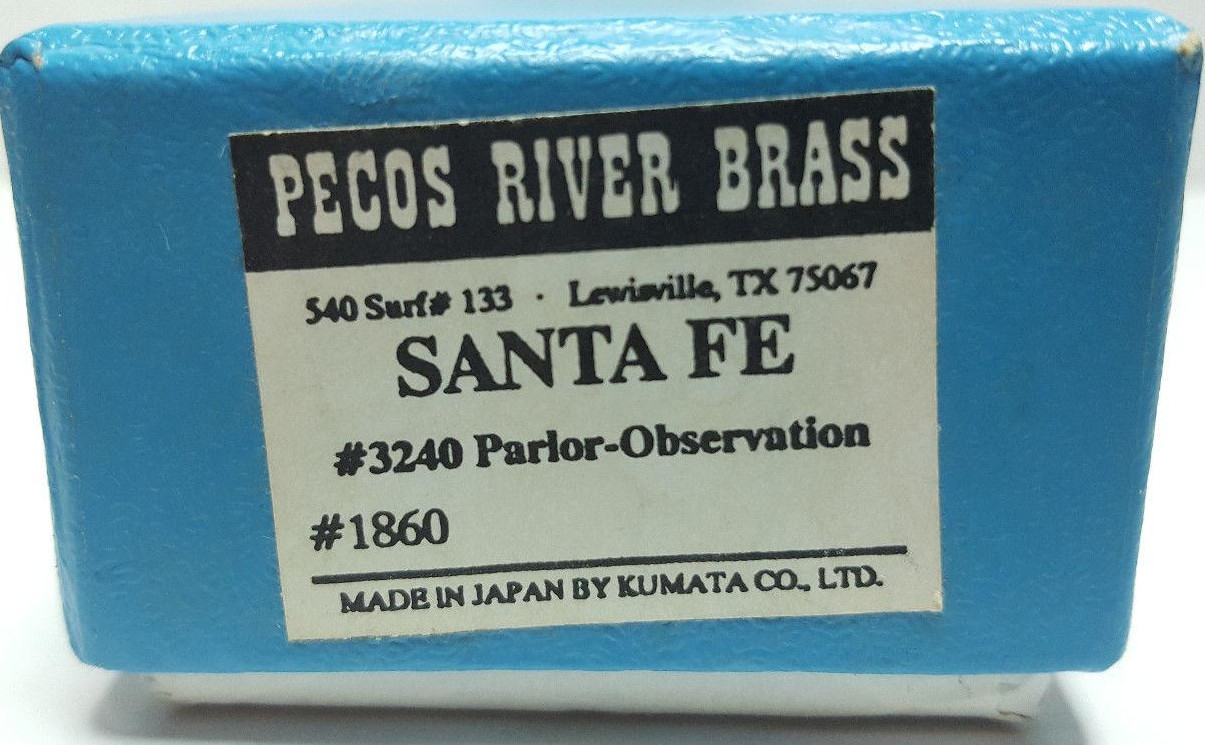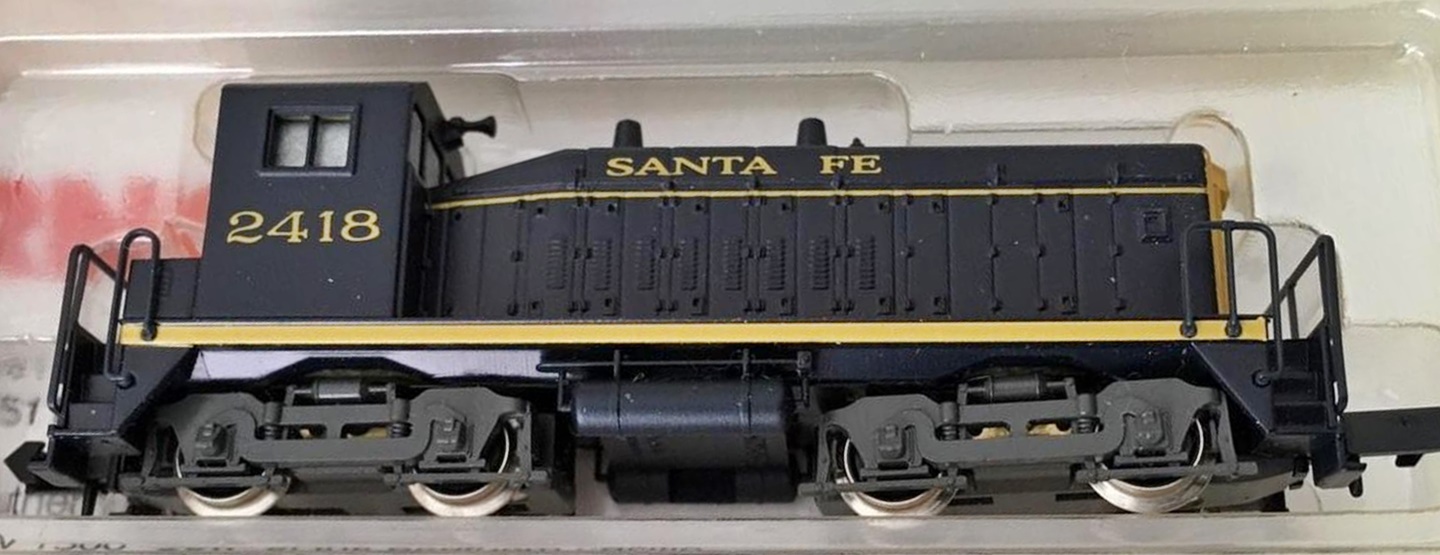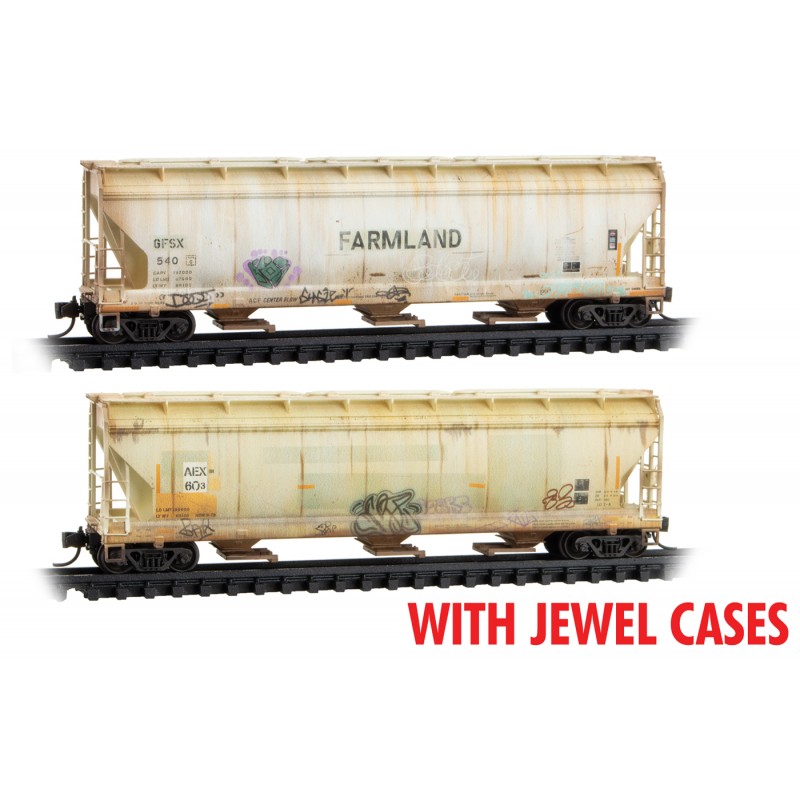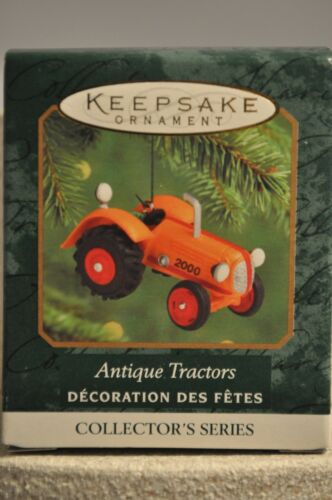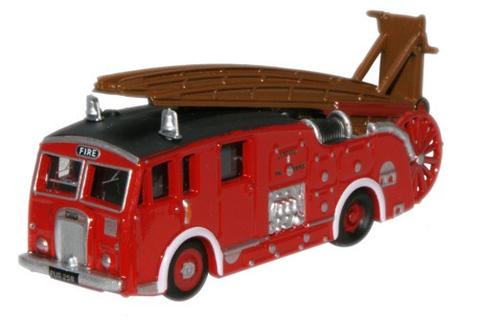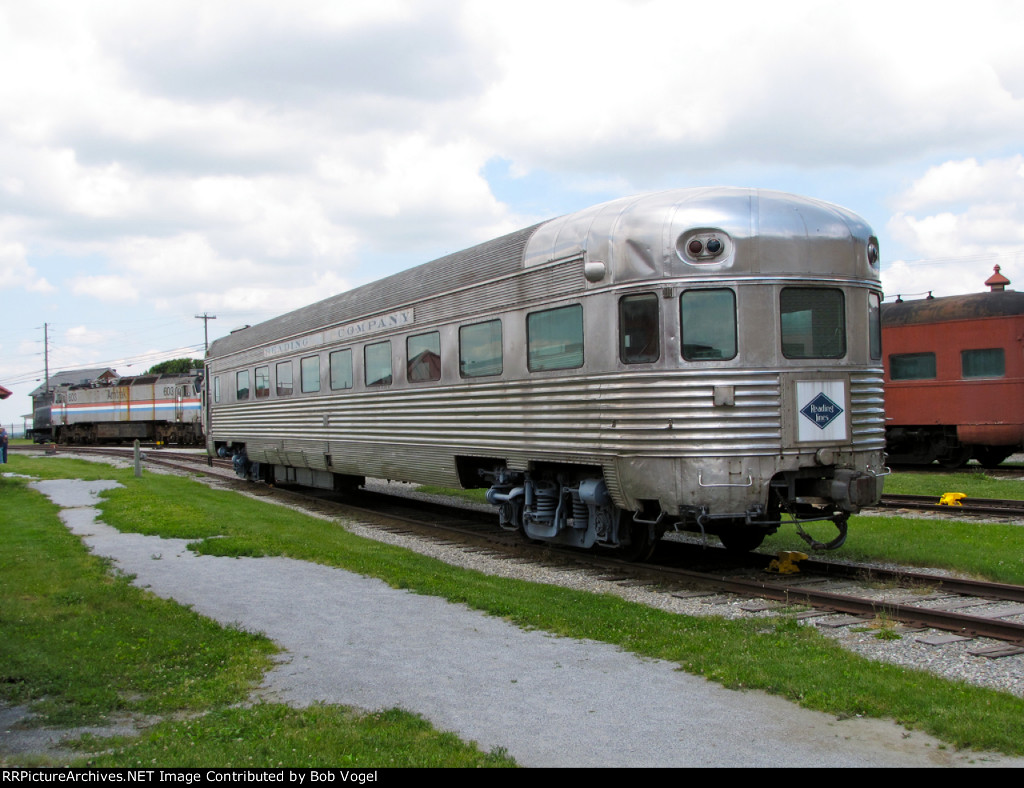Model Information: Beautiful hand painted detail brass models of North American prototypes.
Prototype History: Budd was one of the leading producers of lightweight streamlined passenger cars during the postwar period. The corrugated design permitted extra strength to the car sides. Budd built many different designs such as sleepers, coaches, dome cars and diners. The cars were built from stainless steel.
A parlor car (or parlour car outside the United States of America) is a type of passenger coach that provides superior comforts and amenities when compared to a standard coach. Parlor cars came about on United States railroads to address the absence of separate class accommodations. In the United Kingdom and Europe, passenger trains carried first-, second- and third-class coaches, with the first-class coaches offering the best seating and costing the most money. In contrast, American trains offered a flat rate and standard accommodations. For nineteenth century writers this represented a difference between class-bound Europe and the democratic United States. Most parlor cars were found on daytime trains in the Northeast United States. In comparison to a standard coach, a parlor car offered more comfortable seating and surroundings, as well as food and beverages, but it was far inferior to a sleeping car for an overnight trip.
A parlor car (or parlour car outside the United States of America) is a type of passenger coach that provides superior comforts and amenities when compared to a standard coach. Parlor cars came about on United States railroads to address the absence of separate class accommodations. In the United Kingdom and Europe, passenger trains carried first-, second- and third-class coaches, with the first-class coaches offering the best seating and costing the most money. In contrast, American trains offered a flat rate and standard accommodations. For nineteenth century writers this represented a difference between class-bound Europe and the democratic United States. Most parlor cars were found on daytime trains in the Northeast United States. In comparison to a standard coach, a parlor car offered more comfortable seating and surroundings, as well as food and beverages, but it was far inferior to a sleeping car for an overnight trip.
Road Name History: 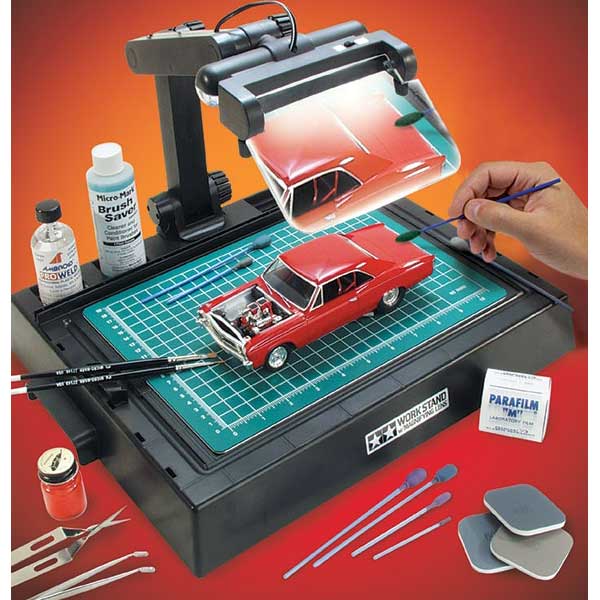 Although they may be molded in color, unpainted and unlettered, undecorated products are marketed to modelers who seek to custom decorate their models for private roads and/or road and/or company names that were not commercially produced by any of the major manufacturers.
Although they may be molded in color, unpainted and unlettered, undecorated products are marketed to modelers who seek to custom decorate their models for private roads and/or road and/or company names that were not commercially produced by any of the major manufacturers.
Undecorated models are frequently also unassembled or only partially assembled and required modelers to be comfortable with glue, paint and sometimes solder in order to prepare their models for display. Materials for these models can vary but often include plastic, pewter and resin. Models may or may not come with decals or other decorations such as plastic signage, railings and ladders to enhance the appearance of the final product.

Undecorated models are frequently also unassembled or only partially assembled and required modelers to be comfortable with glue, paint and sometimes solder in order to prepare their models for display. Materials for these models can vary but often include plastic, pewter and resin. Models may or may not come with decals or other decorations such as plastic signage, railings and ladders to enhance the appearance of the final product.
Manufacturer Information: A Japanese manufacturer of N Scale brass trains.
Item created by: George on 2024-04-03 10:50:03. Last edited by George on 2024-04-03 10:52:48
If you see errors or missing data in this entry, please feel free to log in and edit it. Anyone with a Gmail account can log in instantly.
If you see errors or missing data in this entry, please feel free to log in and edit it. Anyone with a Gmail account can log in instantly.



